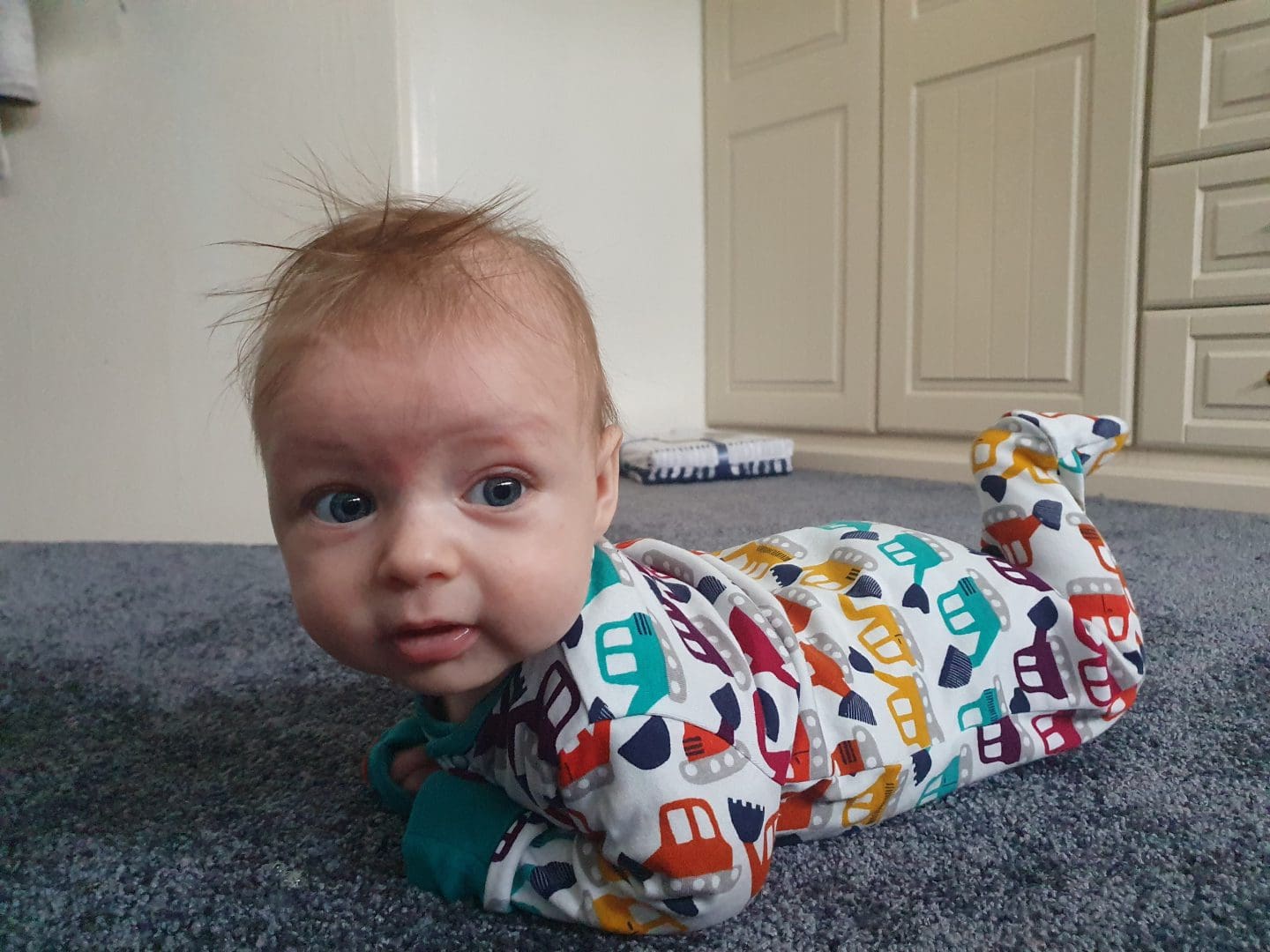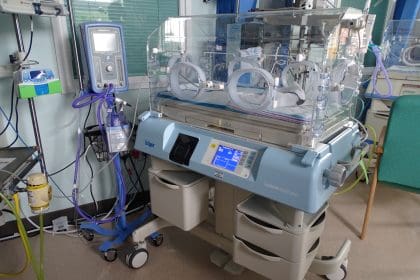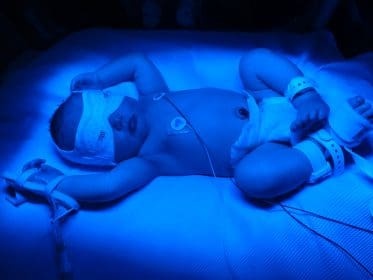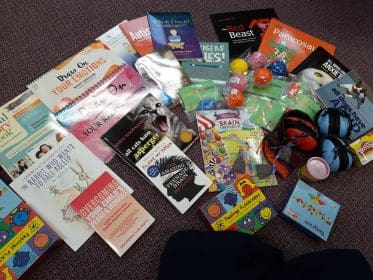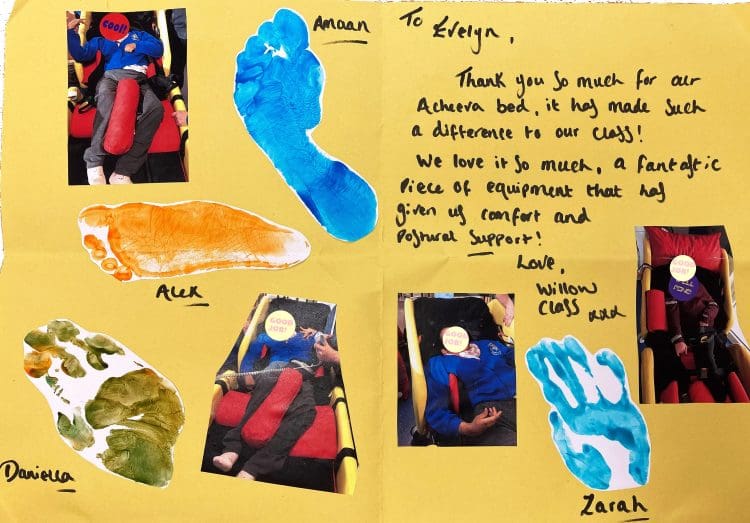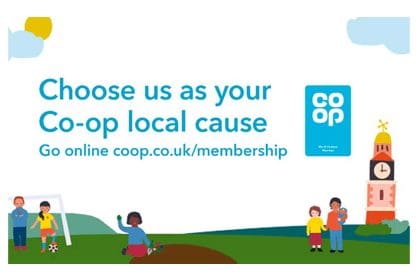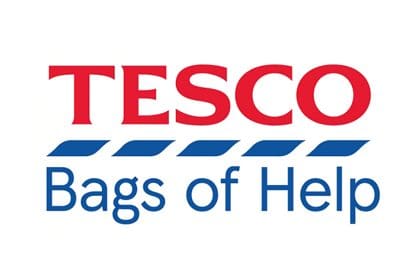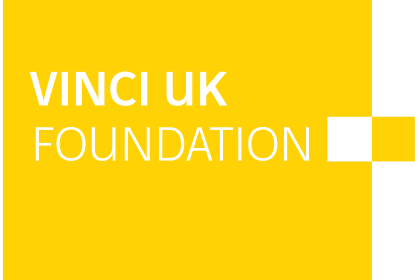After a straightforward pregnancy, Hannah Butterworth went into labour and was admitted to the midwife-led delivery suite at Warrington Hospital, where she went into the birthing pool. She felt comfortable and calm in the water, which is known to reduce the pain and discomfort of contractions. Unfortunately, complications developed and her baby’s heart needed continuous monitoring.
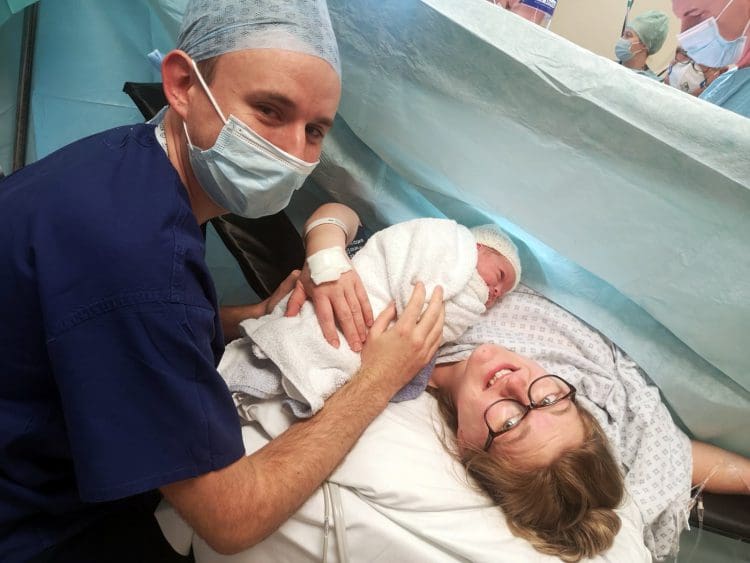 Because no wireless monitoring equipment was available, Hannah was moved to a bed in the labour ward to be hooked up to a wired-in monitor and an IV drip with antibiotics. This meant she had to remain on the bed and was not able to stay mobile as she had hoped. She found the contractions much more painful than in the water and opted for an epidural. Eventually an emergency C-section was needed to deliver Edwin, a healthy baby boy.
Because no wireless monitoring equipment was available, Hannah was moved to a bed in the labour ward to be hooked up to a wired-in monitor and an IV drip with antibiotics. This meant she had to remain on the bed and was not able to stay mobile as she had hoped. She found the contractions much more painful than in the water and opted for an epidural. Eventually an emergency C-section was needed to deliver Edwin, a healthy baby boy.
A mobile telemetry unit is a wireless monitor that enables women to remain active during labour while ensuring their baby’s heart is monitored throughout. As it is waterproof, it can also be used in the pool. This means that mums like Hannah with complex pregnancies can still give birth safely and naturally in a calm, quiet, warm and gentle environment, giving their baby the best start in life.
MedEquip4Kids has already provided one telemetry unit for the birth suite, which has received excellent feedback. As demand increases, we want to ensure it is available for all new mums who need it. Hannah says: “It is great that MedEquip4Kids is trying to provide additional wireless monitoring equipment for the delivery suite. I strongly feel that I would have benefited from this equipment and that it could have led to a less complicated birth.”

